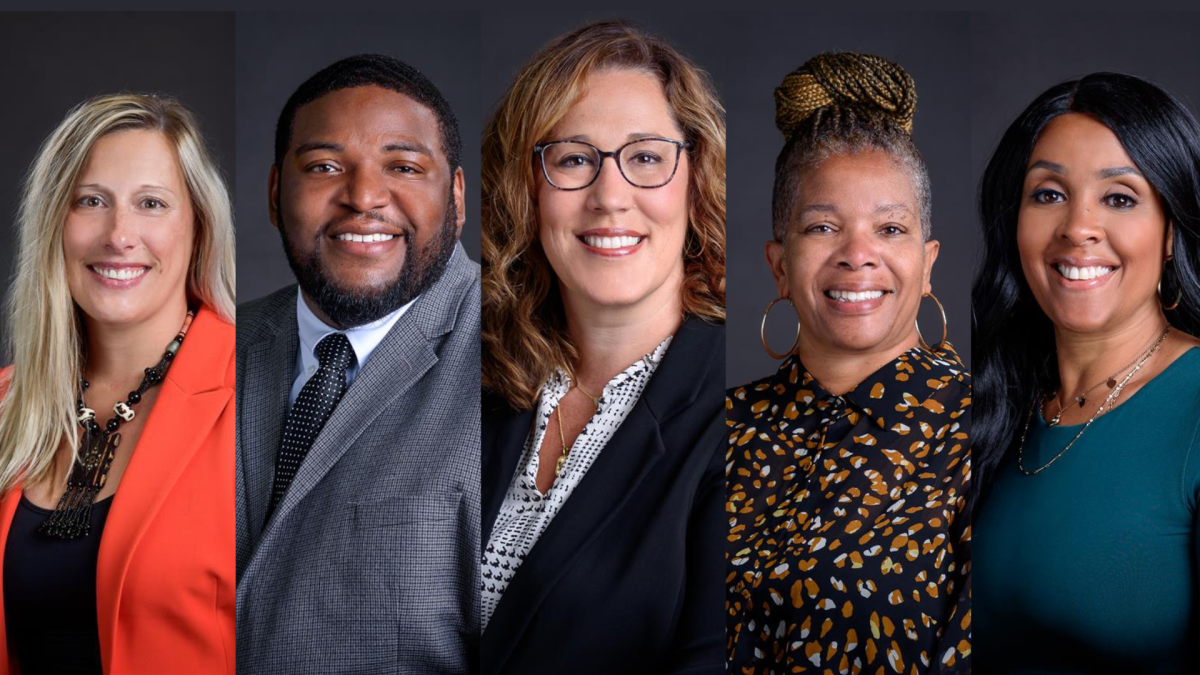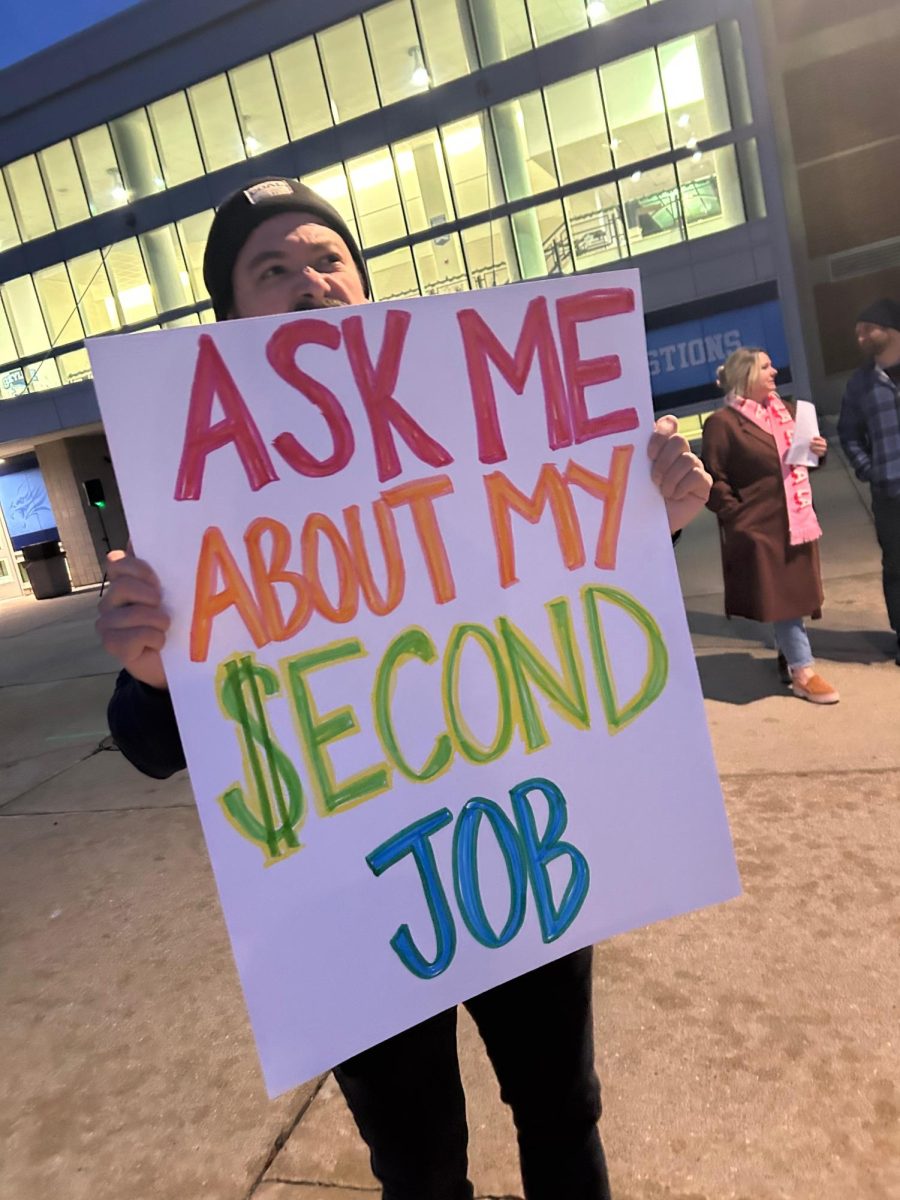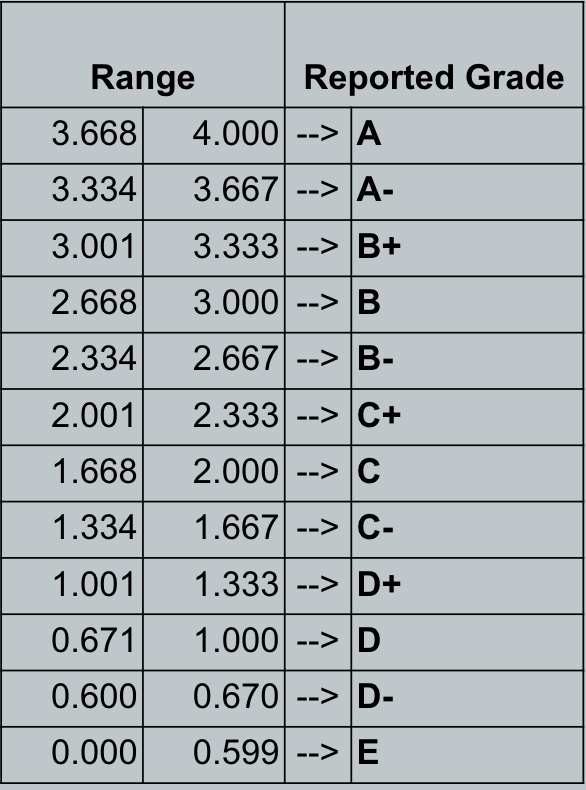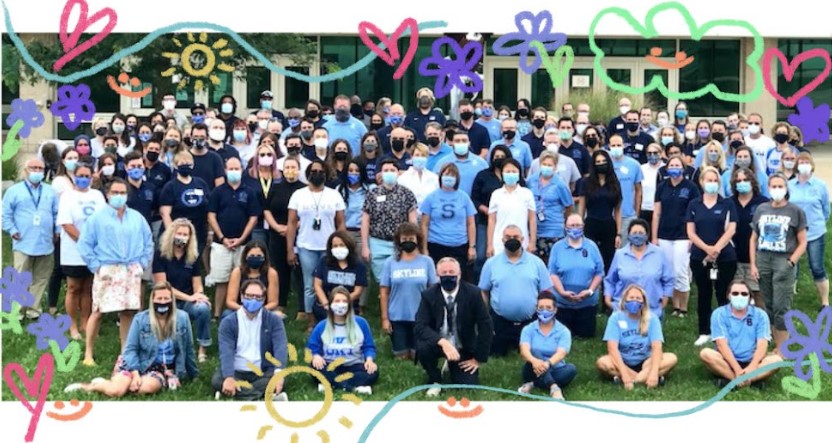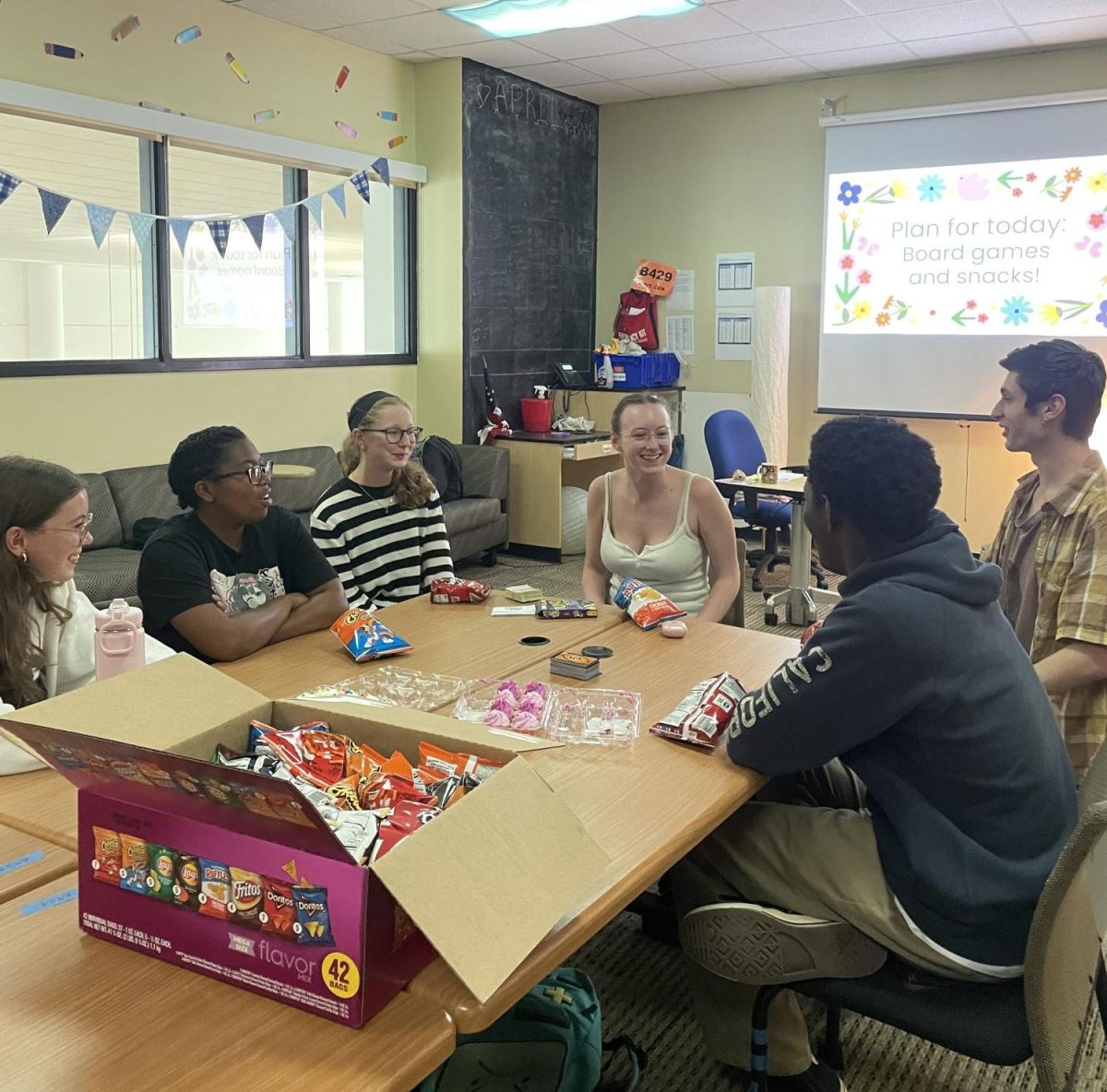Policy changes abound at Skyline: changes to extra credit policies, mastery correction credit, tardy rules, announcement times, bathroom/hallway closures, phone use during school. These changes often lead to a confusing scramble to adjust among students, staff, and families.
Notably, Skyline has had three grading systems within the last four years. Students were not consulted on the changes, even though we were the ones most affected by the decisions. Communication is pivotal in any healthy relationship, and especially so between students and administration. But a relationship goes both ways, after all; it is up to us students to take advantage of opportunities and create chances to express our opinions.
TO ADMINISTRATION:
We ask the administration to be transparent with their policy changes and to continue to involve students and families. To foster a healthier and more active relationship between administration and students, The Skyline Post wants to see a continued trend of engagement and transparency.
The recent phone policy decision process was a fantastic step in the right direction. Administration sent out information in the weekly family update, hosted feedback sessions to hear student voices, and created surveys. “Your feedback is crucial in shaping the policies that govern our school community,” said Interim Principal Casey Elmore in a Schoology group post. “We are committed to fostering an environment where every voice is heard and respected.”
However, this engagement and transparency cannot just be a one-off episode. To nurture an environment of openness, these conversations must continue. Administration must continue to involve student and parent perspectives in school-wide decisions and must continue creating opportunities for students to make our voices heard. Attempts to engage students on decisions should be made through multiple channels: email, schoology groups, daily announcements, and social media.
This also means transparency from administration’s side – it is frustrating to fill out multiple lengthy forms every Wednesday at Skytime without understanding how the data will be used. As much as the administration wants feedback, so do the students. When students are unaware of how our ideas impact decisions, it becomes increasingly difficult to remain engaged in the process. Administration should make sure to be entirely clear on the reasoning behind the data collection and then later update students on how their suggestions were used.
Especially with the current budget crisis AAPS is facing, our community craves communication and transparency more than ever. Students, teachers, and families all want to understand the policies at Skyline, why a policy may need changing, and to have a chance to weigh in with their perspectives before we are forced to adapt to the changes.
TO STUDENTS:
Will you feel strongly about a changed policy? Make your voice heard.
School is not a democracy, but it isn’t as if students don’t have a voice. Answering surveys honestly and participating in focus groups are some ways to be involved in the decision-making process.
But sometimes, we can’t wait around for the administration to ask for our opinion. Instead of only responding when asked, we have to speak up. If we want to see change, we must do something about it: for example, demand the creation of a student government, or talk to administrators when we see them in the Commons. We should take advantage of the chances we have to impact school-wide policies.
We do have a voice, but it is ultimately our choice whether or not we use it.

